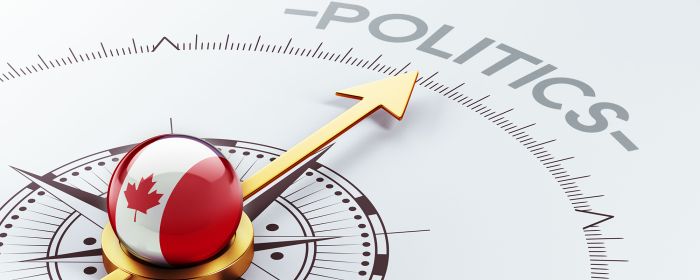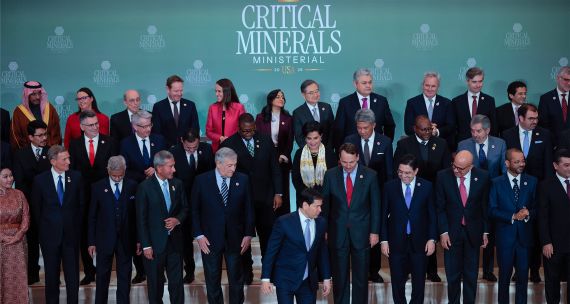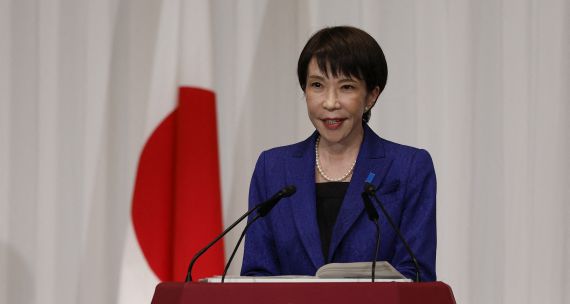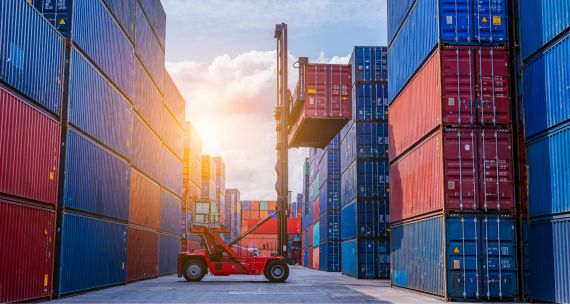Now that the G7 has been postponed and the U.S. and China continue the process of strategic and economic “decoupling,” it is time for Canada to seriously undertake initiatives to shore up other alliances and partnerships in Asia and beyond.
Other members of the G7 and G20 share Canada’s challenges in dealing with the world’s two largest economies. If there was any moment in recent history where its convening power would be sought after, it is now – but the pandemic has put the U.S. withdrawal from leadership in stark relief. China’s initial missteps regarding the coronavirus outbreak in Wuhan and its current measures eroding rights in Hong Kong have heightened the Trump administration’s antipathy. And there seems to be little blowback from U.S. citizens for at least the appearance of a get-tough-on-China policy in the President’s quest for a second term. The institutions that Canada and others have relied upon to protect their interests are faltering.U.S. election years are always rife with politically expedient, domestically-oriented posturing, and 2020 will be no exception. However, the U.S.-China rift may have longer lasting effects.
Many of the countries that count both the U.S. and China as major trading partners may rightly be concerned about getting caught in the crossfire. The institutions that Canada and others have relied upon to protect their interests are faltering. Canada has been stepping up to the plate to gather the like-minded, for example, in WTO reform, on protecting the oceans, and financing for development. Canada’s support for the multilateral system has been a pillar of our foreign policy. But we have often been viewed as operating in the U.S.’s shadow – now is the time to step forward and ally ourselves more closely with those who are also seeking a new way.
A recent book by Australian academic Rory Medcalf, Indo-Pacific Empire, asks how long middle players can hold their ground without American leadership? Perhaps the aftermath of the pandemic will encourage Canada and others to find common ground for cementing strategic and defence relationships, fostering trade and investment, and countering climate change. In Canada’s public arena, the opportunities for working with other partners in Asia seem to take a back seat to confronting the fractious relationship with China. The pandemic and its aftermath, along with potential sanctions due to recent events in Hong Kong, have also called into question whether China will indeed be the centre of the world.But even here, other Asian partners, including Japan, Australia and even India, have their own challenges with China (and with the U.S. for that matter), which leads to a good deal of public discussion in those countries on shaping their future relations.
The pandemic and its aftermath, along with potential sanctions due to recent events in Hong Kong, have also called into question whether China will indeed be the centre of the world.The pandemic and its aftermath, along with potential sanctions due to recent events in Hong Kong, have also called into question whether China will indeed be the centre of the world by the mid-21st century. Governments and companies are reconsidering their dependence on goods manufactured in China. Both “reshoring” and shifting to other Asian production sources are already taking place, and the Asia Pacific Foundation of Canada will be looking at the impact of the pandemic on these global value chains in Asia. This trend may taper off, but its vestiges are likely to remain, and this may have the effect of redistributing economic power.
Do the middle players have the gumption and foresight to step up? Think of Japanese Prime Minister Abe Shinzo leading on the establishment of the Comprehensive and Progressive Agreement for Trans-Pacific Partnership after the U.S. withdrew from the negotiations. This momentum in “minilateralism”- flexible coalitions based on shared common interests - could be a good strategy for Canada.Japan has been strategically dependent on the U.S. since the postwar period, its relationships with allied partners cemented during the Korean War. But it has for the most part shied from taking any leadership role.
Japan has also bonded with Australia and India in promoting Indo-Pacific co-operation. This momentum in “minilateralism”– flexible coalitions based on shared common interests – could be a good strategy for Canada as well. When we define our interests, whether it be in food security or cybersecurity, we are bound to find common cause with other middle players. And concentrating on partners offering collaboration opportunities in trade, investment, and innovation will lessen our reflex focus on the U.S.





